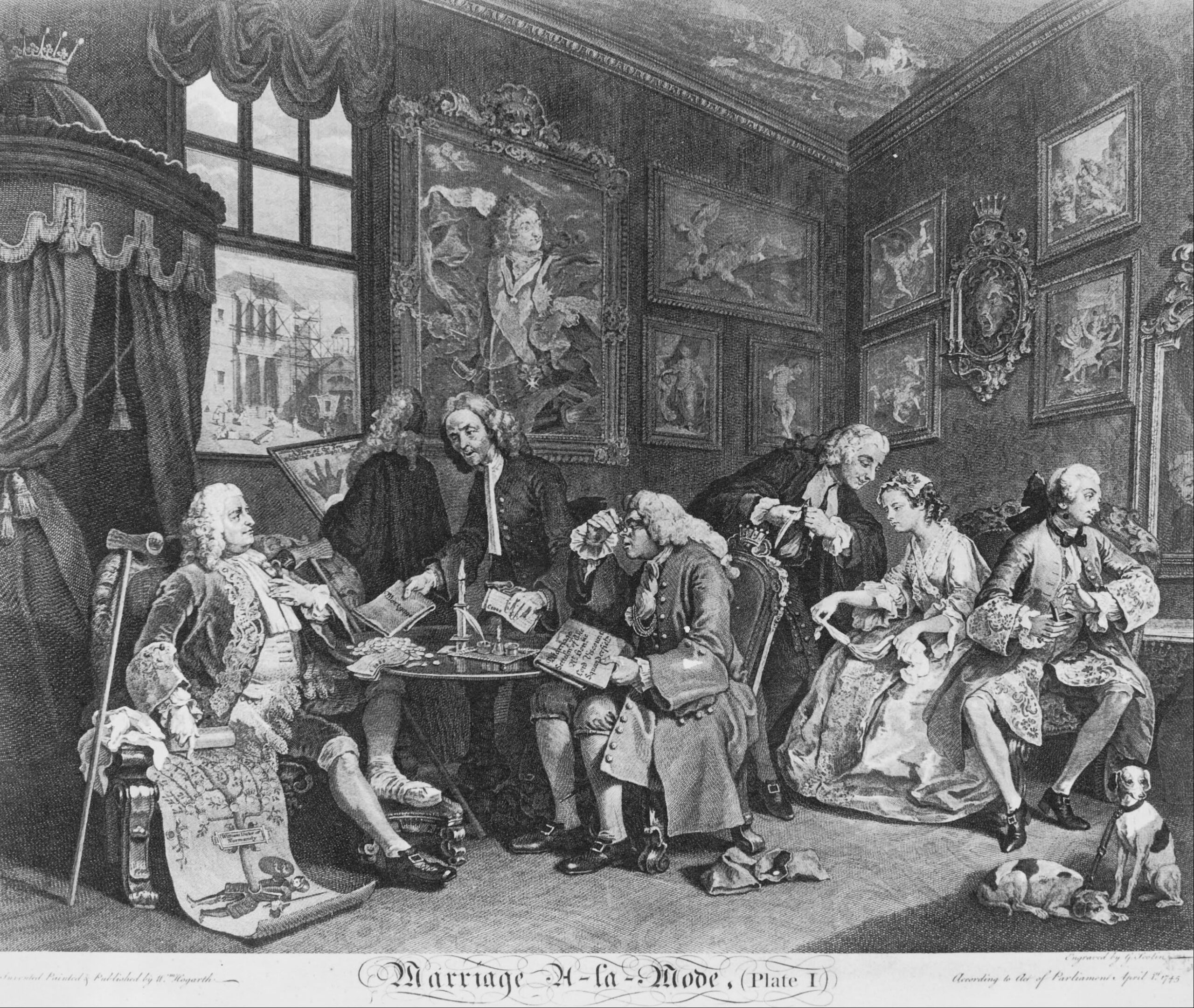A church was here gathered at Guilford consisting of these 7 persons:- Mr. Henry Whitfield, Mr. John Higginson, Mr. Samuel Desborow, Mr. William Leete, Mr. Jacob Sheaffe, John Mepham and John Hoadley.
The nineteenth day of the fourth moneth, 1643, the ffeoffeesl in trust for purchasing the plantation resigned up their right into the hands of the church, and these foure of them, also wch were chosen to the exercise of civil power, did also expresse that their right and power for that worke was now terminated and ended, whereof notice being taken at the public meeting, it was further prpounded, agreed and concluded, that whereas, for the time past (while as yet there was no church gathered amongst us) we did choose out foure men to wit Robert Kitchel, William Chittenen, John Bishop and William Leete, into whose hands we did put full power and authority to act, order and dispatch all matters, respecting the publicke weale and civill government of this plantation, until a church was gathered amongst us, wch the Lord in mercy having now done, according to the desire of or hearts, and the said foure men at this publicke meeting, having resigned up their trust, and power to the intent that all power and authority might be rightly settled within the church, as most safe and suitable fore securing of those mayne ends wch wee prpounded to orselves in or coming hither and sitting downe together, namely, that wee might settle and uphold all the ordinances of God in an explicit congregational church way, wth most purity, peace, and liberty, for the benefit both of orselves and our posterities after us. We do now therefore, all and every of us agree, order and conclude that only such planters, as are also members of the church shall bee, and be called freemen, and that such freemen only shall have power to elect magistrates, Deputies and all other officers of public trust or authority in matters of importance, concerning either the civill officers or government here, from amongst themselves and not elsewhere, and to take an account of all such officers, for the honest and faithful discharge of their several places respectively, and to deale with and prceed against them for all misdemeanors and delinquincies in their several places according to rule, unto which Magistrates Deputies or officers we doe freely subject orselves in all lawfull commands, prvided that they bee yearly chosen, from time to time and prvided also that no lawes nor orders bee by them made, but before all the planters, then and there inhabiting and residing have had due warning and notice of their meeting, or of what is to bee done so that all weighty objections may be duly attended, considered and according to righteousness, satisfyingly removed.
It is since further agreed and ordered, that in all general courts (consisting of the Magistrates and Deputies who are also appointed to keep particular courts) all orders shall be made, in general courts by the major part of the ffreemen, and all actions in particular courts, sustained by the major vote of the Magistrates and Deputies, it provided for issue sake that when the votes fall equall in either of those courts, then the magistrate shall have a double or casting vote.
Also it is agreed that there shall bee one fixed genrall Court yearly for election of officers & when shall be chosen the Deputies for the particular court, Treasurer, Secretary, Surveyors of highways, Marshall, Viewers of fences, &c.
It is ordered that there shall be foure fixed prticulr Courts every yeare (viz.) the first Thursdays in ffebruary, May, September and December, when and where all the members of the Court are to attend, from time to time, at eight o’clock in the forenoon upon the penalty of five shillings for every such default.
It was further ordered that all the freemen and planters should attend each and all of these courts, and remain to their close — unless dismissed — under suitable but severe penalties.
And it was further ordered that whosoever so appearing and attending shall have just cause to speake to or transact any business wth the Court or company, or to or with any person or persons in their presence, they shall both in expressions and in all manner of their behavyor, so comely and respectfully demeane themselves, as may hold forth an honorable esteem of the Authority then present, and a due attendance to peace, not speaking untill called or allowed to speake, nor addressing their speech to any but the Court, or Magistrate, or such as they shall allow him or them to speake unto, nor continuing by impertinencies, needless repetitions or multiplications of words, wch rather tends to darken than cleare the truth, or right of the matter upon such penalty as the Court, considering the fact or carriage wth the aggravating circumstances adjoyned shall see cause to impose and inflict.



